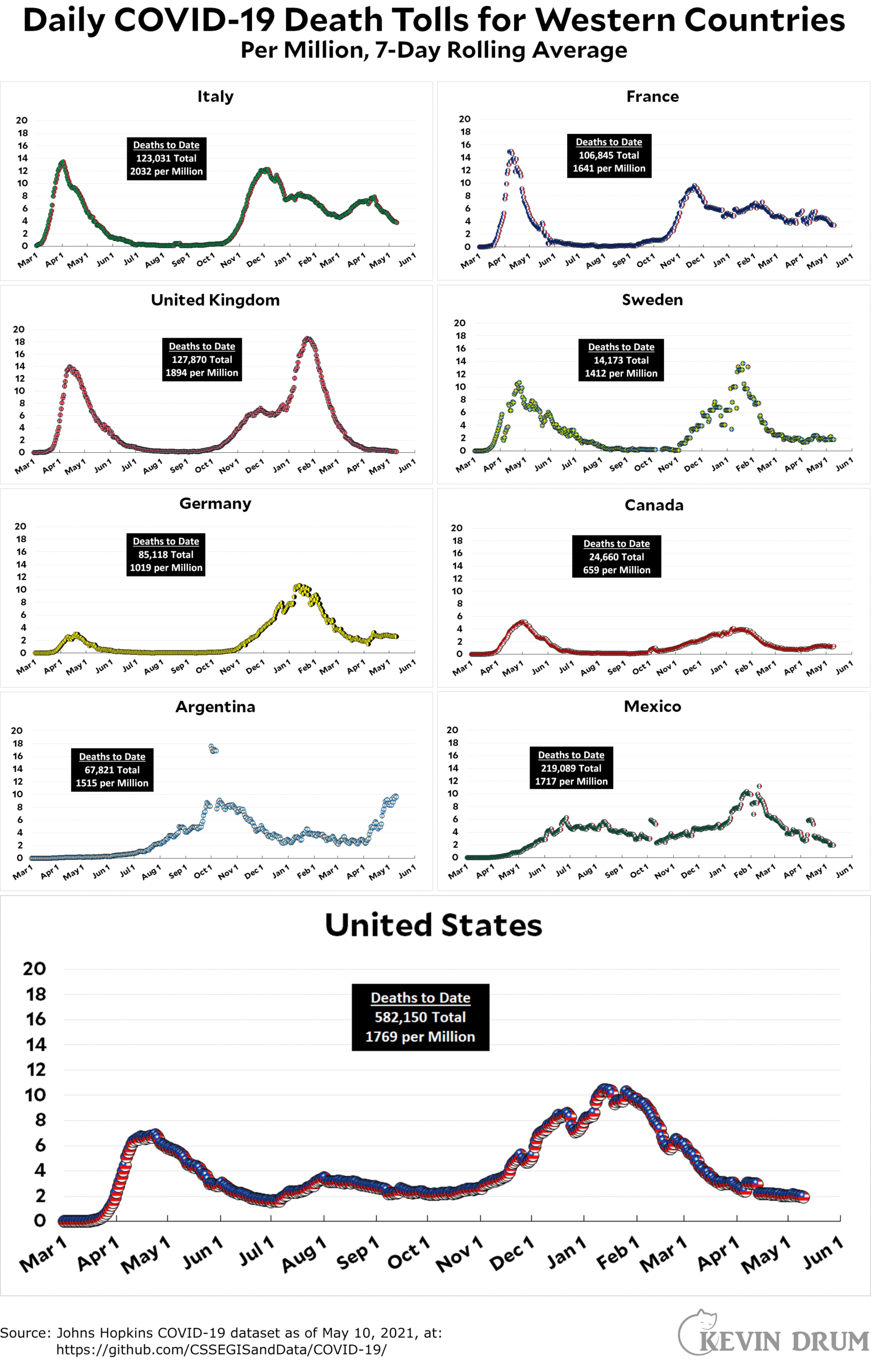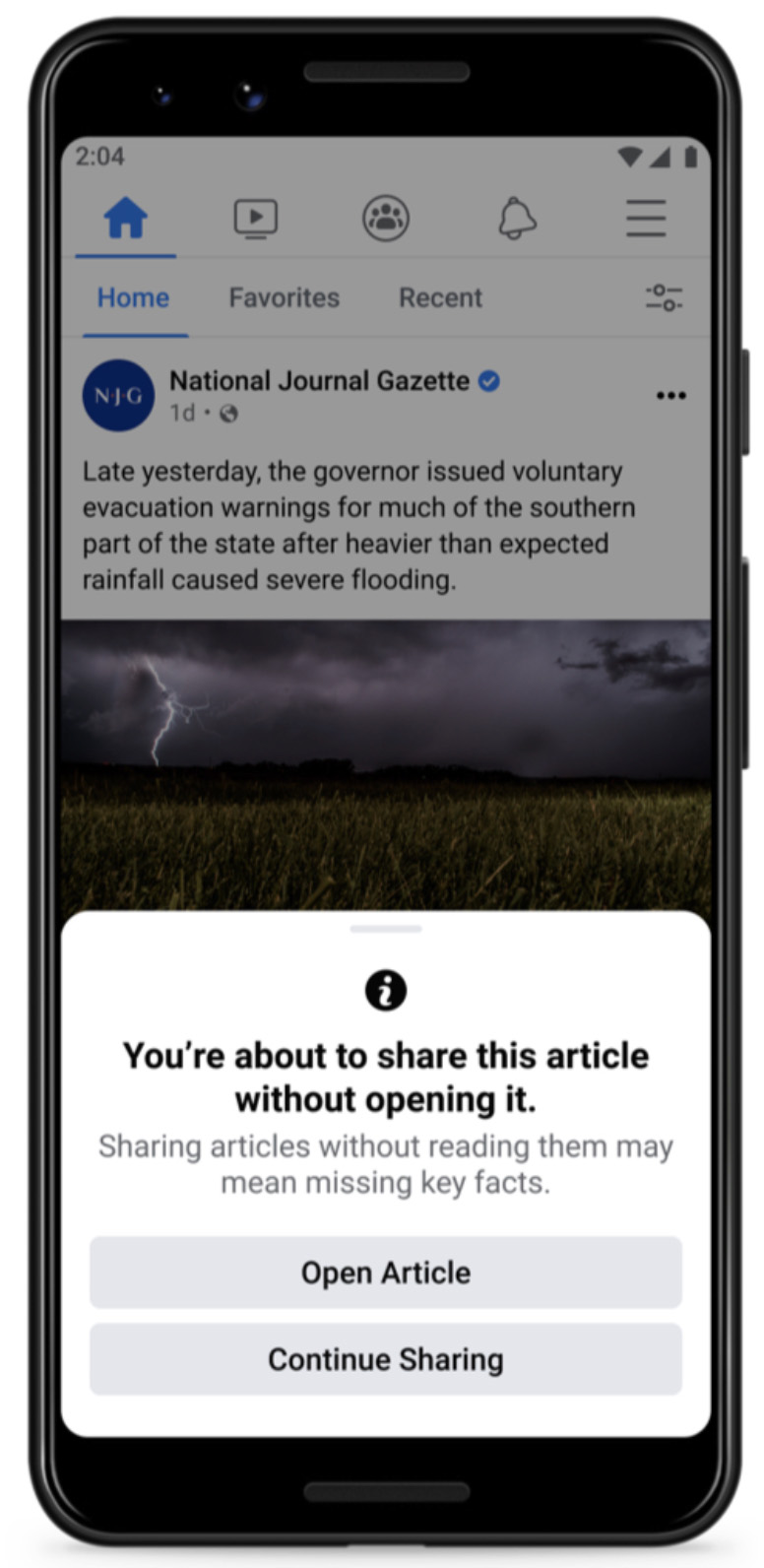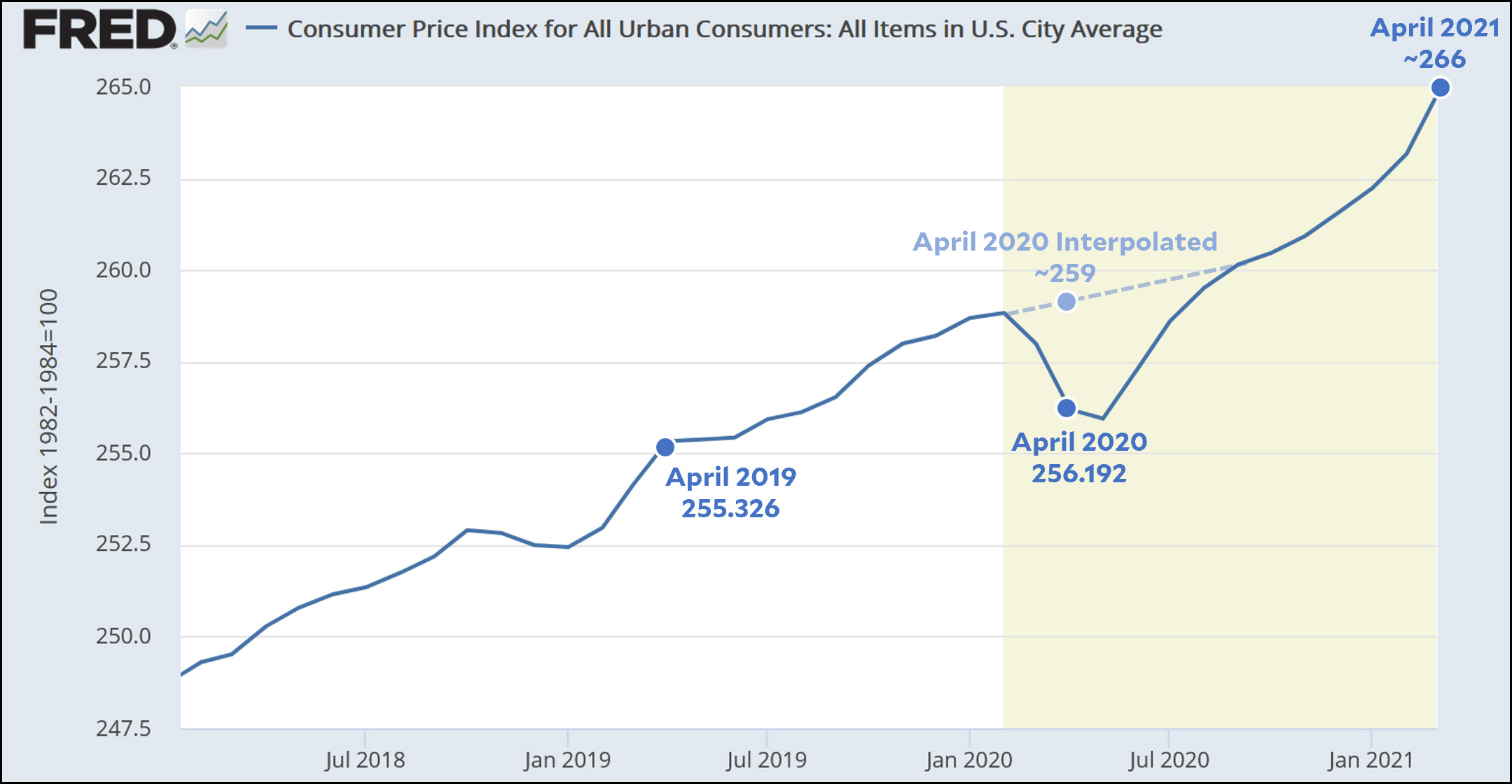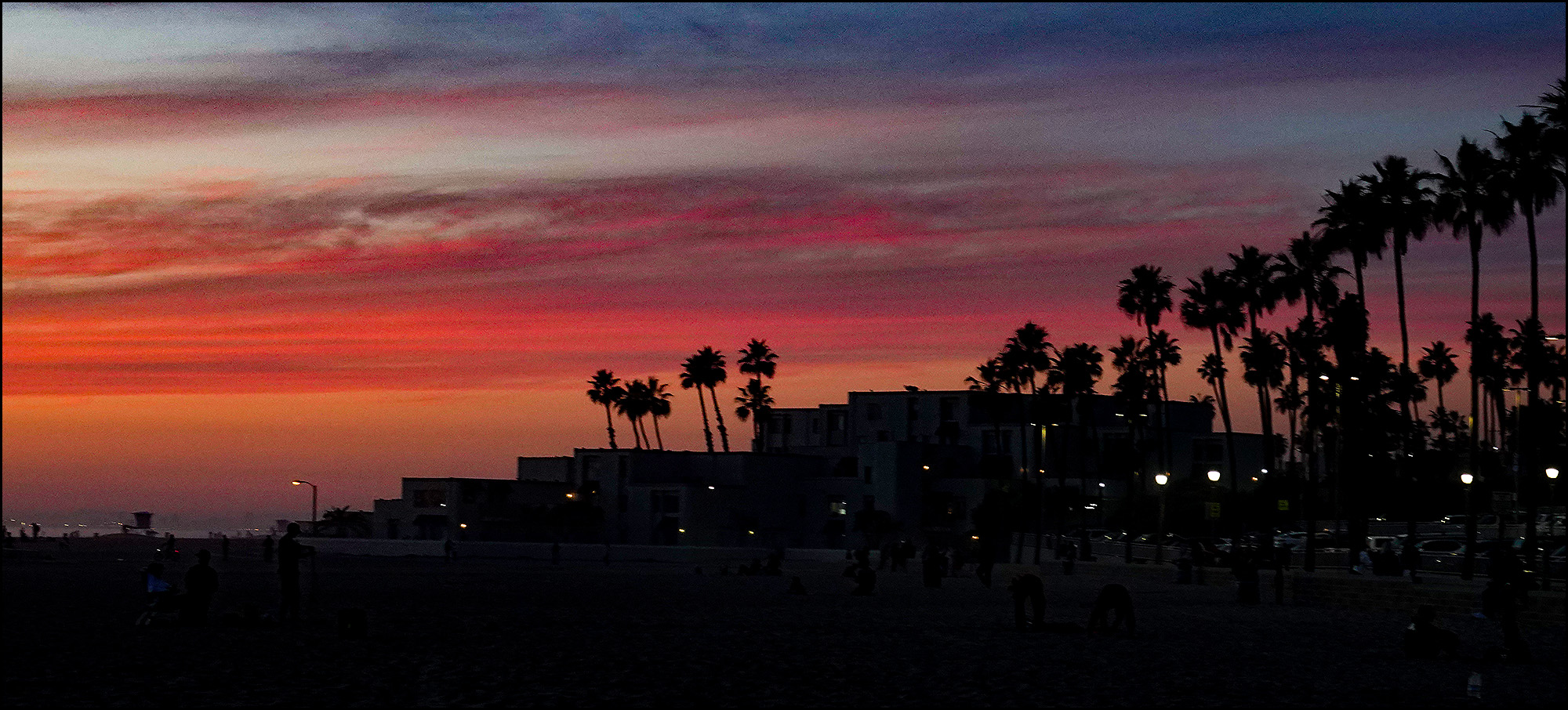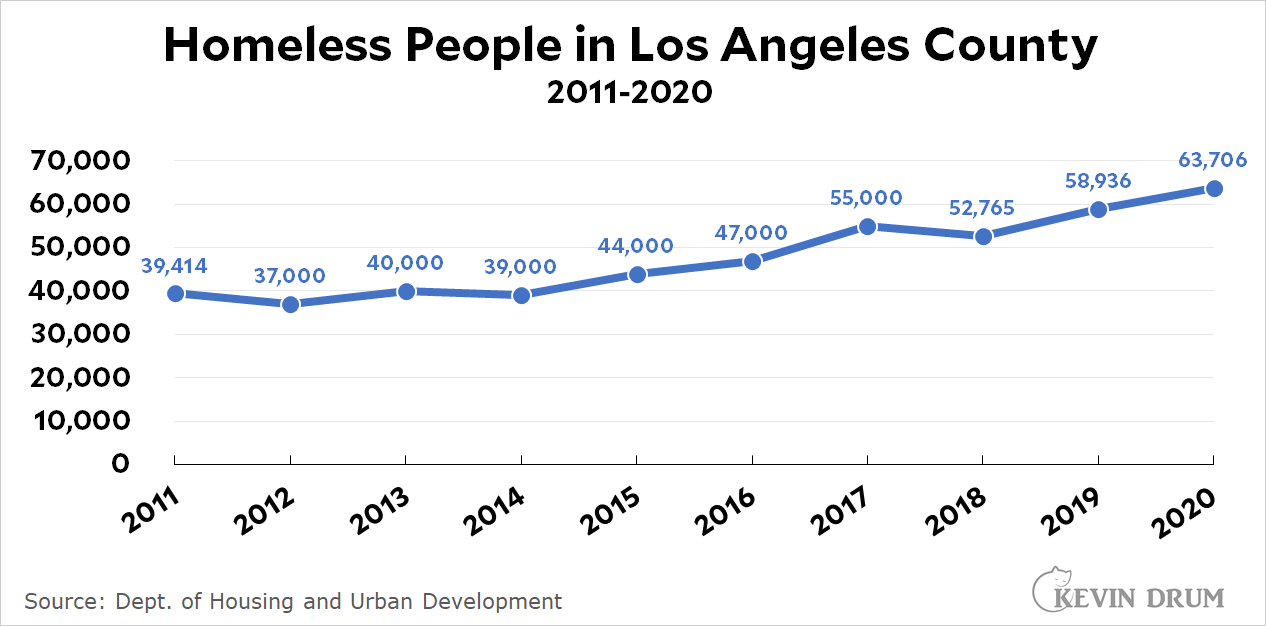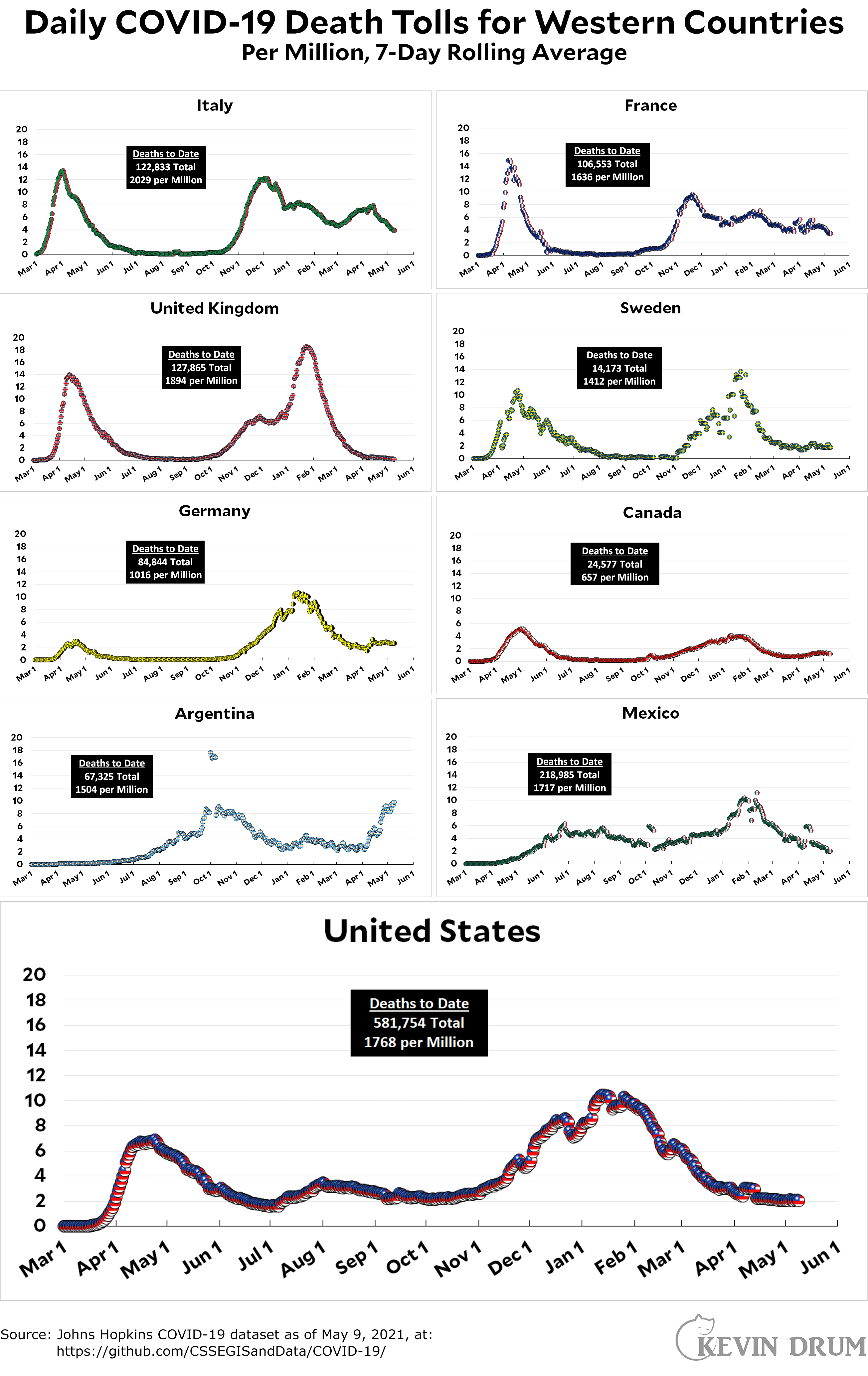The senior senator from Hawaii thinks it's past time to panic:
I swear there’s a whole cottage industry around telling people to not freak out even after a @&# insurrection and the number 3 R is getting ousted this week and there are voter suppression laws passing across America. It is time to be alarmed. It is not always savvy to be chill.
— Brian Schatz (@brianschatz) May 10, 2021
Fair enough. But without aiming my response at Schatz in particular (it's a very broad response, as you'll see), what are you willing to do about it?
As near as I can tell, progressives are willing to support any idea that's completely hopeless. DC will not become a state. Neither will Puerto Rico. The electoral college will not change. The Senate will not be abolished. The filibuster will not be eliminated. Gerrymandering will not go away. Rupert Murdoch will not have his assets stripped and be hauled off to the dock in the Hague to be tried for crimes against humanity.
I have said this before, perhaps enough times to be tiresome, but the basic political lay of the land hasn't changed in a century. Every state, including the small ones, gets two senators. There are 435 congressional districts, many of them in rural areas. Only 25% of Americans self-identify as liberal. The rest of them hear Larry Kudlow say stuff like this and they nod along:
Those folks on the far-left who insist that America is a bad place are trying to tear down our system. That’s why they talk about systemic racism.
And they’ll do anything. Like packing the Supreme Court, intimidating juries, ending the filibuster, defunding the police, etc. etc. Because what they really want to do is transform this country from the greatest and most prosperous democracy in the history of history into some kind of socialist command and control autocratic country that would presumably support their left-wind ideological whims.
I don't care what you think about this. It remains a fact that there are indeed some on the left who support all these things and more, and that scares the hell out of a lot of people. It makes men afraid of making one wrong move and losing their job to a charge of harassment. It makes white people afraid of accidentally offending anyone with dark skin. It makes gun owners afraid that we'll take their guns away. It makes middle-class suburbanites afraid that we really will defund the police. It makes rural communities afraid they'll be subject to a tidal wave of illegal immigrants.
But wait. This is all ridiculous, isn't it? There are extremists on the right too, and they're a lot scarier than extremists on the left. Sorry, but no they aren't. Not to most people. That may be wildly unfair, but it's the way things are.
Like it or not, there's a reason that 75% of Americans don't identify as liberal. It's because they're scared of what we liberals have on offer. And that in turn means that if we want to win, we have to do the one thing so radical, so extreme, so completely outlandish, that even the specter of Donald Trump isn't enough to get us to do it: adopt more centrist policies.
This is Politics 101, and it explains why Joe Biden is president, not Bernie Sanders. For some reason, though, an awful lot of people have forgotten it. At the very moment when liberals should be on the verge of taking on an imploding conservative movement and smashing it to bits, we've instead chosen to move leftward—usually in the clumsiest possible way—and turn every election into a nailbiter. And then we wonder why we lose elections in North Carolina and Florida and Iowa.
I can't begin to tell you how depressing this is. I sure wish I were wrong. But a century of the most basic political science says I'm not.

